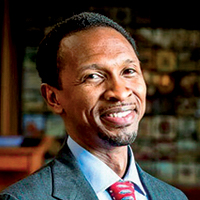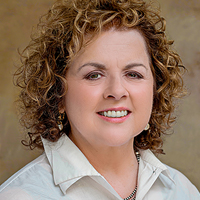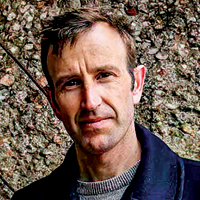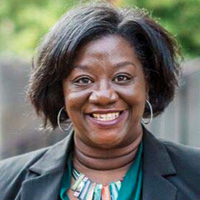Heard on Campus

Sylvester Johnson
“Given the fact that humans have become increasingly skilled at getting machines to do things that resemble what we call thinking and reasoning, we have to question whether machines might actually become so sophisticated that they begin to embody, achieve, or demonstrate what we think of as human subjectivity, of personhood, of the ability to engage.”
Nationally renowned scholar Sylvester Johnson, who specializes in the study of technology, race, religion, and national security, spoke about what it means to be a human being as a Humanities Center guest speaker.

Laurie Garrett
“Public health is about protecting populations and preventing disease in the first place, as opposed to treating disease once it has already taken hold. COVID-19 is not a laughing game, and it must be taken very seriously. We’re in a race right now against viral evolution. Unless we’re prepared to bolster our global vaccination capacity, then we’re rendering ourselves vulnerable to the need for an endless cycle of revaccination against an evolving virus.”
Award-winning science author and journalist Laurie Garrett, who is dubbed “the woman who predicted the coronavirus pandemic,” discussed the role of denial, misinformation, and propaganda in pandemics as the 2021 Robert (’69) and Margaret Pastor lecturer.

Robert Macfarlane
“Think of deep time as something that folds forward as well as kind of beautifully backward, and that we stand with our toes on a brink. I think that politicians and individuals benefit from asking themselves that question. It’s a hard one to answer. It’s a hard one to live with. And you can’t do it all the time. But keep asking that question: Are we being good ancestors?”
Acclaimed nature writer and Cambridge University fellow Robert Macfarlane shared lessons from his celebrated book Underland as part of the 2020 John L. Hatfield ’67 lecture (postponed due to COVID and held in April 2021).

Tressie McMillan Cottom
“I am known for saying I do not deal in hope. I deal, instead, in the black feminist tradition of pragmatic hope. This is knowing that things could not go well, hoping that they will, and most importantly, working like hell to make a better future happen. We have to invest in the institutions that disproportionately serve the students who have the fewest good choices for higher education.”
Tressie McMillan Cottom, award-winning author, professor, and sociologist, delivered the 2021 John L. Hatfield ’67 lecture, and was part of a yearlong celebration of programming and events commemorating 50 years of coeducation at Lafayette.